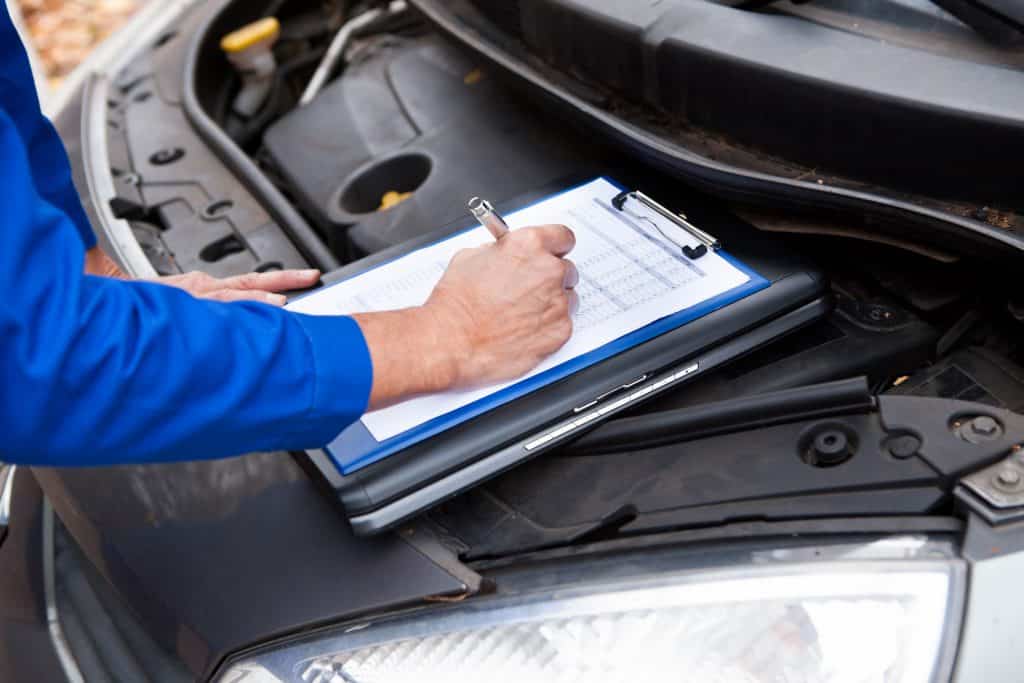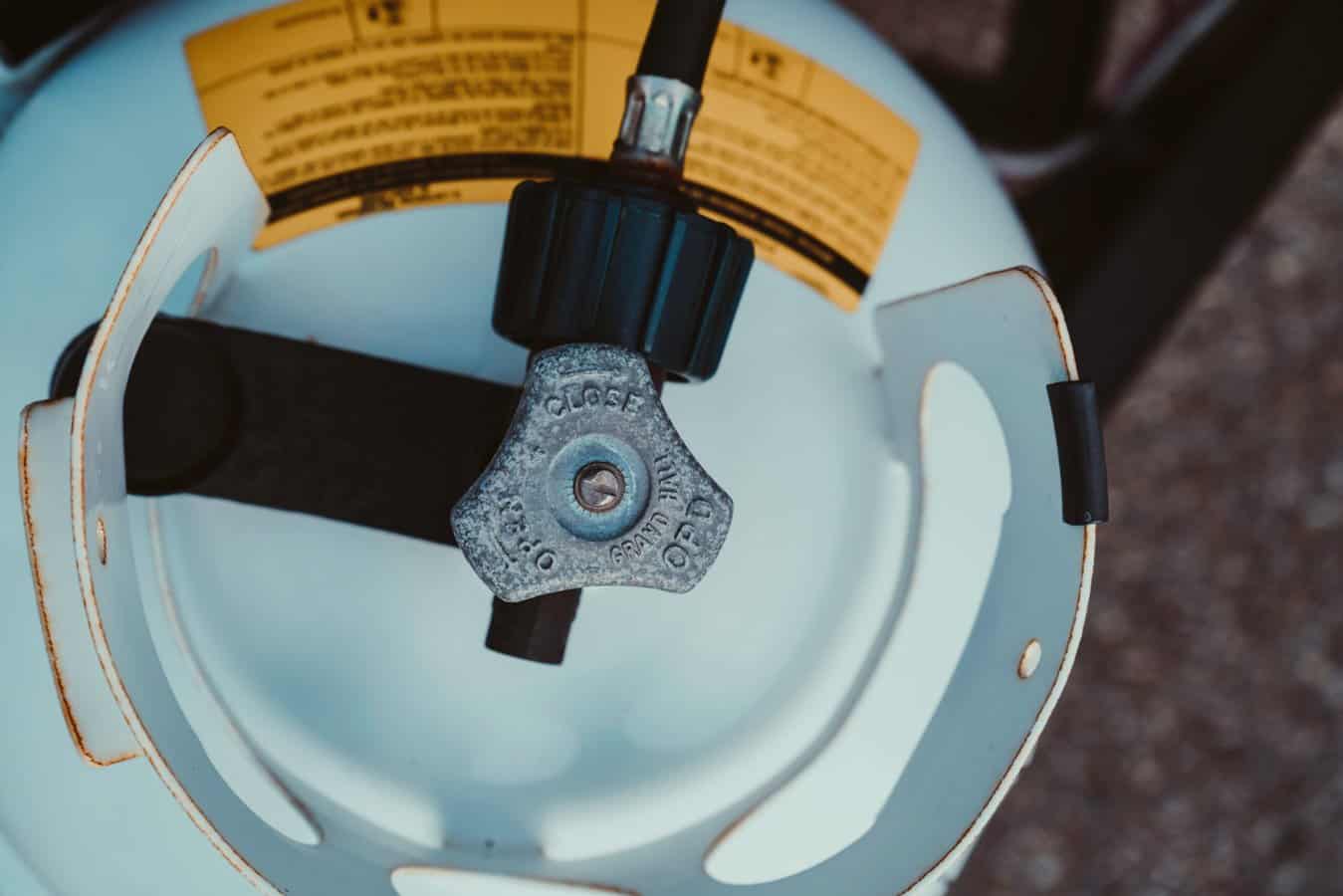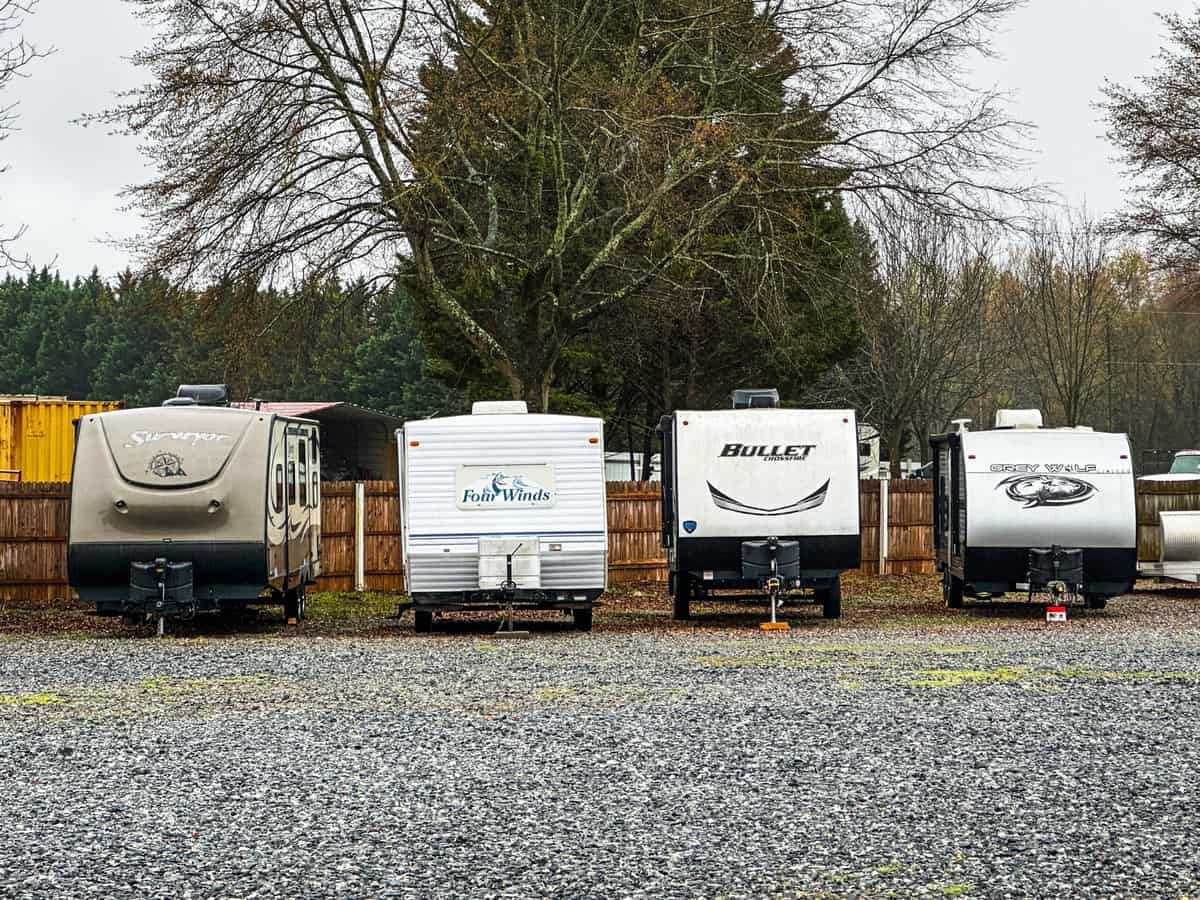
When you’re looking into buying a travel trailer, you want to buy the best, safest, most comfortable model for your money! Trailers are big purchases, so it’s a good idea to take your time and do your homework before you ever put money on the line.
Just like any vehicle, trailers are vulnerable to theft, damages, and varying levels of treatment from multiple owners. To keep on top of all these different factors, you’ll want to look into getting a history report for your travel trailer. This is especially important if you’re buying second-hand!
To look up a history report for your travel trailer, you’ll need to locate the 17-digit vehicle identification number on the vehicle. Once you’ve found it, you can contact your DMV or input it into an online database such as faxvin.com. These places will provide you with the vehicle’s history report.
Travel trailers can be tricky when it comes to finding the VIN number and getting an accurate history report. There are a few different factors involved with this whole process, but don’t worry! We’ll explore each of them in depth in this article.
Locating VIN Numbers on Travel Trailers
Every road vehicle that was made after 1977 comes with a vehicle identification number (or VIN for short). These numbers are 17 characters long and are always somewhere on the vehicle. They often include a mix of numbers and letters and they can usually be found on stickers or engravings located on the vehicle, whether on the inside, outside, or bottom.
Cars, trailers, RVs, fifth wheels, motorcycles, and every other kind of vehicle that can be driven on a road has a VIN number. These are all unique to their vehicle and are essential at identifying one trailer from another.
Because a VIN is present on almost every kind of vehicle, there’s not a standard place to look for them. This can make it a little tricky when you’re trying to locate it on a travel trailer that you’re trying to find a history report for.
Before anything else, see if you can consult the title for the trailer in question. The VIN is often listed in this information and it’s much easier to find this way.
But if the title isn’t currently available to you, you can also look for it on the trailer itself. To help you find the VIN on your travel trailer, here’s a good process to follow.
First off, park the travel trailer on a flat surface and secure it in place with wheel chocks. Make sure that every side is accessible and detach it from any hitches.
You might be looking at every angle of the trailer for the rest of this process, so you need to make sure that nothing is blocking you. Consider propping it up with jacks as well, so that even the bottom is accessible. Grab a flashlight just in case you need to get underneath and check! Also, make sure to have a pen and paper handy to write down the vehicle identification number when you find it.
After everything is set up, you can start checking for the VIN. Start your search by looking at the metal trailer tongue. Depending on the hitch that you use, this can include the tongue itself as well as a set of weight distribution bars. These heavy metal pieces often carry stickers that contain specifications on the vehicle’s information and relevant measurements.
The tongue is the most likely place to find a VIN on a travel trailer, but if it’s not there, don’t give up yet! Once you’ve looked over every piece of the hitch and weight distribution bars, you should move on to other parts of the trailer.
Another place that often has printed information about the vehicle is the space around the door frames. Open up the door of your trailer and examine the back of the door, as well as all the parts of the frame. Lots of vehicles have information in this area, so look carefully to see if the VIN is listed among any of them.
If it’s not on the door frame, do a thorough search of the interior of the trailer. If you can recruit a few of your kids to help out, they can be great at spotting things that are hidden underneath hard-to-reach nooks and crannies.
Again, vehicle information is often found in the interior of travel trailers, but don’t give up if you still can’t see it. You’ve still got a couple of places to look at!

Next up, you’ll want to check all around the exterior of the trailer. Information is less likely to be on the outside because it’s easier to damage or scrape it off by accident. Sun damage can also do a number on outside labels. But sometimes it is out there! Do a thorough check around the sides and back, opening any vents or storage compartments as you go.
If you still can’t find it, extend all the trailer slide-outs and check the sides and bottoms of these. It’s pretty unlikely to find anything on these, but leave no stone unturned! The VIN is an important piece of information to know.
Once you’ve checked everywhere else, it’s time to slide underneath the trailer with that flashlight you brought along. This is a bit of a last resort because the underside of a vehicle is generally a pretty dirty and hard-to-reach place. But it’s not out of the question! Look specifically at the front and rear ends, then move inward from there.
After following all of these steps, you’re bound to find the vehicle identification number. Hopefully, you didn’t have to follow this list all the way to the end, but kudos if you did. That shows that you’ve got some true dedication!
Once you’ve found the VIN, write it down. Make sure that you don’t mistake any numbers for letters or vice versa. All the letters should be capitalized. Double check that it’s accurate, then you can move on to the next step of finding your trailer’s history report!
Places to Look Up Your Travel Trailer’s History Report
Finding your vehicle identification number was just the first step, but luckily the rest of this doesn’t require you to scour every inch of your trailer.
VIN numbers are logged in databases that keep track of repossessions and purchases, damages from fire, hail, or fire, thefts, any history of accidents, odometer readings, recalls and defects, as well as detailed specifications on the vehicle, make.
Basically, this is all the information you’ll want to know if you’re thinking about buying a second-hand travel trailer! Details like this will let you know if your trailer was ever stolen, or if it has some hidden damages or defects that might cause you problems in the future.
To find your history report, there are a couple of places you can check the VIN at.
The DMV
First off is your local DMV. They will have access to a wide database of vehicle information as well as any legal records that are involved with your trailer. You can either call them or go in in person.
Depending on the state that you live in and the regulations they have for looking up VIN numbers, you might be requested to provide personal identification and a small fee. This varies from one place to another, but you should be aware that it’s a possibility.
Car and Trailer Dealerships
If the DMV can’t locate a history report for you, or if you don’t want to pay the fees to get this information, you can also try going into a local dealership that specializes in the type of trailer you’re investigating. Make sure that they have ties to the manufacturers of your specific brand or else they won’t be able to help you.
If you find a good dealership that deals with the right trailer brands, they can either look up the history report there or contact the manufacturers to find it for you. This might take a little longer than you’d like, but it’s still important to know the history of your trailer. Don’t cave into temptation and buy it while you’re waiting!
Online VIN Databases

Another option for finding your trailer’s history report is an online database. Since almost every vehicle has a VIN, there are a few online resources you can use to pull up the relevant information. One of the best ones out there is faxvin.com which has an index that includes RVs and trailers.
Unfortunately, not all trailers are registered in this index, however. While online databases are a great and convenient option, you should know that they’re not specifically made for trailers. Yours might be listed on there, but it also might not be. Sometimes you’ll have the choice to order a history report from an online source such as this because it’s harder information to access.
But despite the range of online options, contact the DMV or related dealerships are more certain ways to find an accurate history report. Travel trailers are difficult vehicles to track down specifics for. But there are always avenues open to you, so don’t give up on finding that history report!
How to Keep Accurate Records of Your Travel Trailer for the Future
Finding an accurate history report for a travel trailer isn’t just a one-way process. When you’re thinking about buying a secondhand trailer, you’ll definitely want that information.
But if you currently own a trailer, you’re also responsible for cataloging anything that happens to it. Think about the resale value of it as its life continues. People will already be suspicious of buying an older model, and that will only get worse if you can’t give them specific information on it.
For your sake and the benefit of future buyers, you need to keep accurate records on your trailers. There are a lot of aspects to consider within this advice, so let’s look into what you should keep track of.
First of all, you should keep all the relevant documents that you got when you bought your trailer. This includes the title, owner’s manual and any other records about the make, model, and year. If you bought your trailer from someone else, hopefully, you also have a history report to add to this collection as well. This gives you a good baseline of information.
Next up, you’ll need to document and report things that happen to your trailer throughout its life. This covers a variety of different things, some of which you probably never considered!
One of the biggest things to keep on top of documenting are the accidents and damages that affect your trailer. Because trailers are so heavy and bulky it’s a little too easy to scrape the sides or get involved in car accidents.
These damages might not be huge deals in the long run, but they’re always important to document. Buyers will want to know what they’re getting and an honest report of damages is less suspicious than providing no records at all.
If you do get into a car accident with your trailer, you should always report it to the police. Even if the damages aren’t substantial and you don’t plan to press charges, this will help both you and the state keep accurate records on your vehicle’s condition. Plus if there is a problem, you’ll already have a file set up with the right information!
Another important thing to report are any thefts, sales, or loans that involve your travel trailer. Obviously, you’ll want to report thefts so that the police know what to look for and they can let you know if it’s found. That one’s pretty much a given that you’ll report it!
But any time that your trailer changes hands, you need to go through legal channels to do this. Make sure that the new owner registers it under their name. The same thing goes for any loans that you use to buy a trailer, or if you use it as collateral for another loan. Financial records can come into play when you want to sell the trailer, so keeping track of its history can go a long way.
Finally, you should also record any damages, upgrades, and maintenance that your trailer gets. Damages are less important to keep track of because these can often be fixed by insurance, so they’ll have records of that. Upgrade and maintenance is something that you’ll do on your own time though.
Try to keep a schedule for when and how often you do deep cleans in your trailer. Professional cleanings should also be noted because they let future buyers that it’s been kept in good shape. Reporting upgrades and modifications can also increase the resale value!

When you keep records on your travel trailer, you help fill out the history report. This is good for your sake because you can sell your trailer for a better price, and it’s good for the customer because they know that they’re getting the real deal.
As I said earlier, it can sometimes be hard to get hold of an accurate history report for travel trailers. They’re not as firmly regulated and people don’t always keep good records on their own.
That’s why keeping track yourself and reporting problems as they arise will make your trailer stand out in the market of new and used trailers! It really is a win-win for everyone involved.




My title, Bill of Sale. and every other document for my 2005 Gulf Stream travel trailer was last. The previous owner is no where to be found.
Is there any way I can the title back?
FaxVin is a scam. They charged me $8.95 for a report that was completely empty except for the trailer manufacturer’s name. No title records, no history of sales, repairs, etc. Not even trailer specs. I asked for a refund but never got a reply. I may have to ask my card company for a chargeback. FaxVin is worthless…do not waste your money like I did.
Can you rent out an RV that was abandoned?
Faxvin did not put the year on my report, and THAT is what I needed! Waste of money!
Thanks for the info. I would like to add that faxvin.com is awful! The report I paid for through them showed a clean title on a trailer I almost bought. I found out it had a salvage title and was able to confirm that through my DMV. Multiple emails to FAXVIN with no response from them, even though their website says they will reply with 24 business hours. I finally disputed the charge through my bank and got a refund.
Bottom line: AVOID FAXVIN.com!!!
this is great if your trailer is recent (after 1980) not so much for us vintage types. Where can we find information on vintage serials numbers by manufacturer and year?